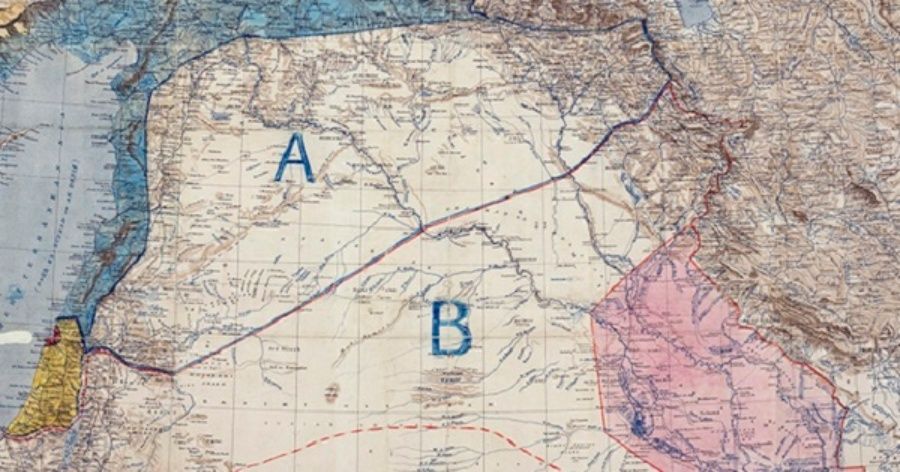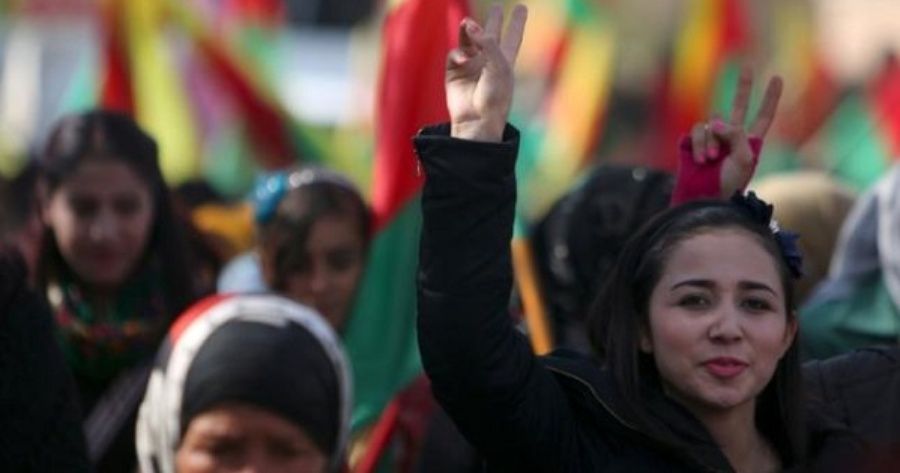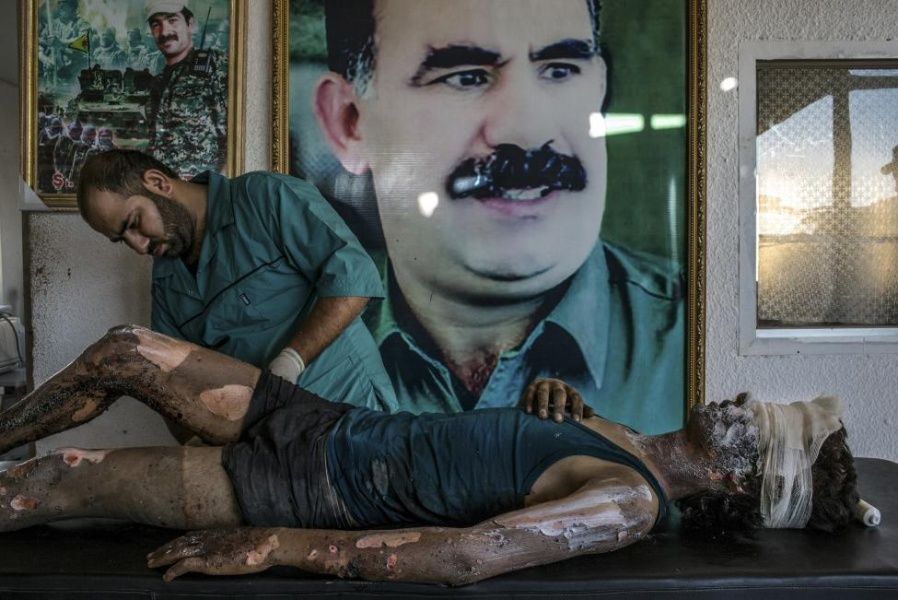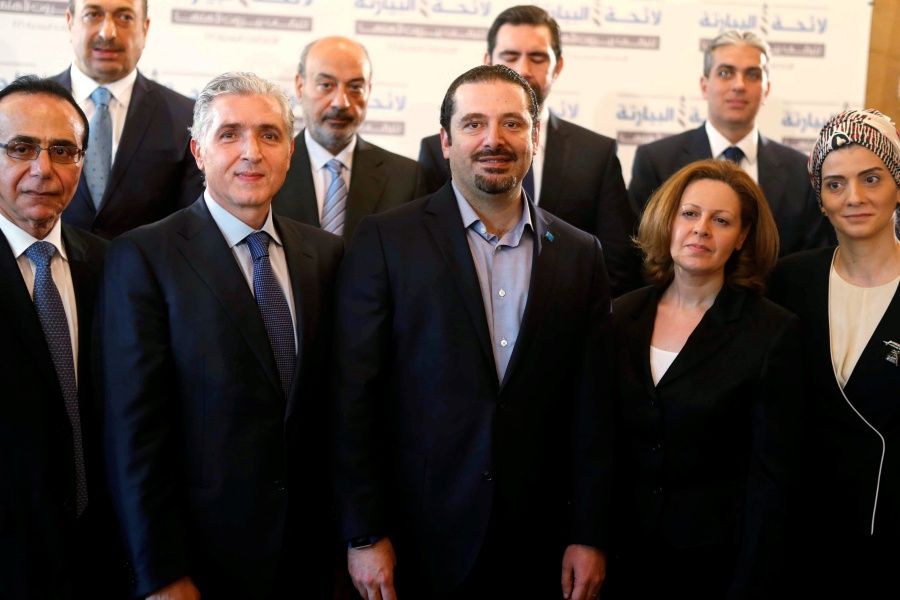A century ago, on May 16, 1916, diplomats from Britain and France set about carving up the former Ottoman Empire, drawing boundaries and separating peoples based on Western imperialist interests. Syria and Lebanon were to be the domain of the French, Jordan went to the British, and both took half of Iraq—while setting into motion the events that would lead to the settler-colonial state of Israel in Palestine.
It wasn't until a year later that the agreement drafted by diplomats Mark Sykes and Francois Georges-Picot was revealed, thanks only to a revolutionary government seizing power in Russia and publishing the text. But the effects were felt immediately and the deal continues to shape the Middle East today.
teleSUR looks back at the Sykes-Picot agreement, 100 years later, and its ramifications then and now for the region and the world.

Yasir Tineh is part of the Palestinian diaspora, his ancestors coerced from their homes to make way for the state of Israel. He reflects back on the agreement and its impact today. READ MORE

From the wars in Iraq and Syria to the ongoing conflict in Palestine, teleSUR's Mohammed Hemish looks at how Sykes-Picot continues to play a part in the conflicts of today. READ MORE

An imaginative geography, as Edward Said calls it in his seminal work Orientalism, was established as the new status quo in the region, a status quo that until today denies any kind of self-determination to the Kurds. READ MORE

Whether the world deigns it or not, Kurds are fighting for their autonomy and, as Dilar Dirik writes, they are winning. READ MORE

Lebanon was created to be a Christian state by French colonialists, and while its demographics have changed and its now a country with a Muslim majority, Lebanese journalist Kareem Cheyaeb notes that the sectarian vision upon which it was founded continues to shape its politics today. READ MORE